.png)
For many couples in Vancouver, the path to parenthood can feel blocked by long waitlists and high costs. Navigating Canada's fertility landscape, particularly the quest for an egg donor, often leads to frustration due to restrictive laws and low donor availability. This is why a growing number of British Columbians are turning to fertility tourism in Mexico, with Cancún emerging as a leading destination for hope, high-quality care, and affordability.
This guide provides a comprehensive overview of the donor egg IVF process in Cancún, specifically for couples traveling from Vancouver. We will explore the step-by-step journey, from the legal and financial benefits to selecting a clinic and planning your trip, offering a complete learning pathway to help you make an informed decision.
Key Takeaways
- Vancouver couples can save 40-70% on fertility treatment by choosing Cancún, with all-inclusive donor egg IVF packages being significantly more affordable than private Canadian options.
- Mexico offers immediate access to a large, diverse pool of pre-screened, anonymous egg donors, bypassing the extensive waitlists common in Canada, which are a direct result of the Assisted Human Reproduction (AHR) Act prohibiting donor compensation.
- Top Cancún clinics are internationally accredited, offer success rates comparable to elite North American centers (often 60-70% per transfer), and provide a seamless experience for international patients.
- Cost Comparison (All-Inclusive Donor Egg IVF Cycle):
- Cancún, Mexico: $8,000 - $15,000 USD
- Vancouver, Canada (Private): $25,000 - $40,000+ CAD (approx. $18,000 - $29,000+ USD)
- United States (e.g., California): $30,000 - $50,000+ USD
Why Are Vancouver Couples Choosing Cancún for Egg Donation?
The choice comes down to three key factors: immediate access, significant cost savings, and high-quality medical care. Cancún resolves the primary barriers Vancouver couples face at home—namely, the prohibitive costs and the severe shortage of egg donors due to Canada's altruistic-only donation laws.
For many in Vancouver, the dream of starting a family is met with two harsh realities: price and time. While British Columbia's Medical Services Plan (MSP) may cover some diagnostic tests, it does not cover the high cost of In Vitro Fertilization (IVF). When an egg donor is also required, the costs skyrocket.
The biggest hurdle, however, is Canada's Assisted Human Reproduction (AHR) Act. This federal law makes it illegal to pay for sperm, eggs, or surrogacy. Donors can only be reimbursed for specific, receipt-based expenses. While well-intentioned, this has created a critical shortage of altruistic egg donors, forcing couples onto waitlists that can last for years.
Cancún offers a direct solution.
-
Immediate Donor Availability: Egg donation is compensated and well-regulated in Mexico. This means clinics maintain extensive databases of healthy, pre-screened, and immediately available anonymous egg donors.
-
Drastic Cost Reduction: The financial savings are undeniable. A comprehensive donor egg IVF package in Mexico often costs less than half of a comparable procedure in Canada, even after factoring in flights and accommodation.
-
High Standard of Care: Cancún is not just a tourist hot spot; it's a world-class medical destination. Top clinics are often JCI-accredited or ISO-certified, staffed by US/European-trained reproductive endocrinologists, and equipped with the latest technology.
Understanding the Egg Donation Process in Mexico: A Step-by-Step Guide
The process is streamlined for international patients, with most preliminary work done from Vancouver. It involves a remote consultation, donor selection, cycle synchronization, a short trip to Cancún for the main procedures (fertilization and embryo transfer), and follow-up care back home.
Clinics in Cancún have perfected the medical tourism experience. The journey is designed to be as low-stress as possible, minimizing your time away from home.
Initial Consultation (Remote)
Your journey begins at home in Vancouver. You will have a detailed video consultation (via Telehealth, Zoom, or Skype) with a fertility specialist in Cancún. They will review your medical history, discuss your diagnosis, and outline a personalized treatment plan.
Donor Selection and Screening
Once you proceed, you will be given access to the clinic's secure egg donor database. This database includes non-identifying information about the donors, such as:
- Physical characteristics (hair/eye color, height, weight)
- Ethnic background
- Education level and interests
- Family medical history
- Confirmation of successful previous donations (if any)
All donors in these programs are anonymous and have already undergone the rigorous screening we detail in the next section.
Cycle Synchronization and Medical Preparation
This phase also happens in Vancouver. The intended mother (or gestational carrier) will take medication (typically estrogen and progesterone) to prepare her uterine lining (endometrium) for the embryo. Your Cancún medical team will monitor your progress remotely, often by coordinating with a local fertility clinic or doctor in the Vancouver area for ultrasounds.
Simultaneously, in Cancún, your chosen donor begins her ovarian stimulation medication to produce a cohort of eggs.
The IVF Procedure in Cancún (Retrieval & Embryo Transfer)
This is the only part of the process that requires travel. You will need to plan for a 7 to 10-day trip to Cancún.
-
Day 1-2 (Travel/Arrival): Arrive at CUN, settle in.
-
Day 2-3 (Sperm Collection): The male partner provides a sperm sample. This sample is prepared, and the highest-quality sperm are selected.
-
Day 3-4 (Egg Retrieval & Fertilization): The donor undergoes her egg retrieval procedure. The mature eggs are immediately fertilized with the partner's sperm in the lab using ICSI (Intracytoplasmic Sperm Injection).
-
Day 4-9 (Embryo Culture): Your embryos are now growing in the lab. The embryologists monitor them as they develop into the blastocyst stage (Day 5-7), which is the optimal stage for transfer.
-
Day 8-10 (Embryo Transfer): You will return to the clinic for the embryo transfer. This is a simple, painless, non-surgical procedure. The doctor transfers the best-quality embryo(s) into the prepared uterus.
Aftercare and Return to Vancouver
After the transfer, you'll rest at your hotel for 1-2 days—a key benefit of the "IVF-cation" is recovering in a warm, relaxing environment. You can then fly back to Vancouver. You will continue your progesterone medication and, approximately 10-14 days after the transfer, you will have a blood test (Beta-hCG) with your local doctor in Vancouver to confirm pregnancy.
How Do Mexican Clinics Select and Screen Egg Donors?
Reputable Cancún clinics follow strict international protocols (from ASRM and ESHRE) to ensure donor health and egg quality. Donors are typically young (21-30), healthy, and undergo comprehensive medical, genetic, and psychological screening.
This rigorous egg donor screening process is fundamental to the high success rates of donor egg IVF. While donation is compensated, it is not a simple transaction. Donors must pass a multi-layered evaluation:
-
Medical & Gynecological Exam: A full physical, pelvic exam, and ultrasound to assess ovarian health and reserve.
-
Infectious Disease Screening: Comprehensive blood panels for HIV, Hepatitis B & C, Syphilis, and other STIs as required by health authorities.
-
Genetic Carrier Screening: Tests for common recessive genetic diseases, such as Cystic Fibrosis, Spinal Muscular Atrophy, and Fragile X syndrome.
-
Psychological Evaluation: A psychologist assesses the donor's mental health and ensures she fully understands the social, ethical, and emotional implications of anonymous donation.
-
Family History Review: A detailed review of at least three generations of family medical history to rule out hereditary conditions.
Expert Insight: The quality of a clinic's donor screening program is a direct indicator of its overall quality. Top clinics in Mexico often screen donors to the same, or even more rigorous, standards as the American Society for Reproductive Medicine (ASRM). This ensures the eggs are from a healthy, viable source, which is the single most important factor in a donor egg cycle.
Comparing Costs: Egg Donation in Vancouver vs. Cancún, Mexico
A complete donor egg IVF cycle in Cancún, including all-inclusive packages, typically costs between $8,000 and $15,000 USD. This is a fraction of the $25,000 to $40,000+ CAD cost for a similar procedure using a private donor agency in Vancouver.
The financial equation is often the primary driver for medical tourism. In Canada, the cost is high and fragmented. You pay the IVF clinic fee, the lawyer fees, and the donor agency fee, plus the donor's reimbursed expenses (which can be high).
In Mexico, clinics offer all-inclusive donor egg IVF packages.
What is typically included in a Cancún package ($8,000 - $15,000 USD):
-
All donor-related costs (compensation, screening, medication, retrieval)
-
All agency and legal fees
-
The complete IVF-ICSI laboratory process
-
Embryo culture to the blastocyst stage
-
Embryo transfer procedure
-
Physician and embryologist fees
-
Clinic-based monitoring
What is typically not included:
-
Your flights to/from Vancouver (YVR)
-
Your accommodation in Cancún
-
Medication for the recipient (intended mother)
-
Optional add-ons like Preimplantation Genetic Testing (PGT-A), which costs extra.
Cost Comparison: Donor Egg IVF Cycle
| Component | Cancún, Mexico (USD) | Vancouver, Canada (CAD) | USA (USD) |
| IVF Procedure (Cycle Fee) | Included in Package | $10,000 - $15,000 | $12,000 - $18,000 |
| Donor Agency & Legal Fees | Included in Package | $8,000 - $12,000 | $10,000 - $15,000 |
| Donor Compensation/Expenses | Included in Package | $5,000 - $10,000+ | $8,000 - $20,000+ |
| Donor Medications | Included in Package | (Often part of expenses) | $3,000 - $6,000 |
| ICSI (Lab Procedure) | Included in Package | $1,500 - $2,500 | $1,500 - $2,500 |
| TOTAL ESTIMATED COST | $8,000 - $15,000 | $25,000 - $40,000+ | $30,000 - $50,000+ |
Legal & Ethical Considerations for Canadians
Egg donation in Mexico is legal, regulated, and anonymous. For Canadians, this is a fully legal pathway to parenthood. A child born from this process is legally and genetically yours, and Canadian citizenship is straightforward.
It's normal to have legal questions. Here’s what Vancouver couples need to know.
Anonymity and Compensation Laws
As discussed, Canada's AHR Act prohibits compensating donors. Mexico's legal framework allows compensation, which creates the supply. Critically, Mexican law also enforces strict anonymity for donors. This means the donor has no legal rights or responsibilities toward the child, and her identity is permanently protected. For many couples, this legal and emotional clarity is a significant benefit.
Bringing Your Baby Home: Citizenship and Legal Parentage
This is a common and important question. The process is clear.
-
Legal Parentage: The intended parents (you) are the only legal parents on the birth certificate (if the baby is born via a surrogate in Mexico) or upon birth in Canada. The egg donor has zero parental rights.
-
Canadian Citizenship: If the child is born to the intended mother (who is Canadian) back in Vancouver, the child is automatically a Canadian citizen. If the male partner (who is Canadian) provides the sperm, the child is entitled to Canadian citizenship by descent, even if born abroad via a surrogate.
It is always a best practice to consult with a fertility lawyer in Vancouver who is experienced in international reproductive law before starting your journey. They can confirm all legalities and ensure you have peace of mind.
Success Rates and Risks of Donor Egg IVF in Mexico
Success rates for donor egg IVF in Cancún's top clinics are excellent, often 60-70% per embryo transfer. This is because success is tied to the young, healthy donor's egg quality, not the recipient's age.
This is one of the most encouraging aspects of donor egg IVF. While the success of regular IVF plummets as a woman ages, donor egg success rates remain high and stable, regardless of whether the recipient is 35, 43, or 48.
The risks are the same as standard IVF and are very low. The primary risk for the recipient is that of a multiple-pregnancy (twins, triplets) if more than one embryo is transferred. However, the modern standard, followed by top Cancún clinics, is elective Single Embryo Transfer (eSET), which virtually eliminates this risk.
Did You Know?
A 44-year-old woman using her own eggs in IVF has a live birth success rate of less than 5% per cycle. That same 44-year-old woman using eggs from a 25-year-old donor has a live birth success rate of over 60%—the same as a 25-year-old. This is why donor egg IVF is such an effective treatment for age-related infertility.
Choosing the Right Fertility Clinic in Cancún
When selecting a clinic, prioritize international accreditation (like JCI), transparently reported success rates, experience with Canadian patients, and clear, all-inclusive pricing.
Your choice of clinic is the most important decision you'll make. Use this checklist when researching:
- Accreditation and Standards: Is the clinic internationally accredited (e.g., JCI, ISO)? Does it follow ASRM/ESHRE guidelines? Is it registered with Mexico's health authority (COFEPRIS)?
- Verified Success Rates: Ask for their specific live birth success rates for donor egg IVF cycles, not just "pregnancy rates." Ask if they report to a body like the Latin American Registry of Assisted Reproduction (REDLARA).
- Doctor Credentials: Are the reproductive endocrinologists board-certified? Where did they train? Do they have extensive experience?
- Technology: Does the lab have modern equipment for ICSI, blastocyst culture, and PGT-A genetic testing?
- International Patient Experience: This is crucial. Do they have dedicated, English-speaking international coordinators? Do they understand the logistics for Canadian patients? Read testimonials from other Canadians.
- Price Transparency: Do they provide a written quote with a clear, itemized list of what is and is not included? Avoid clinics with vague pricing.
Planning Your Fertility Trip from Vancouver to Cancún
Plan for a 7-10 day stay in Cancún. Your clinic coordinator will help you time the trip, which involves a direct or one-stop flight from Vancouver (YVR) to Cancún (CUN) and a stay in a nearby hotel.
This part of the journey is often called an "IVF-cation."
- Flights: Vancouver (YVR) to Cancún (CUN) is a common route with many direct and one-stop options.
- Timeline: Your clinic will give you a precise calendar based on your cycle synchronization. You will book your flights once this timeline is confirmed.
- Accommodation: Most clinics have partnerships with nearby hotels and offer discounted rates. Staying close to the clinic is recommended for convenience.
- The "Vacation" Part: While the purpose is medical, the environment is healing. Gentle activities like walking on the beach or relaxing by the pool are encouraged. After your embryo transfer, you will be on "light rest"—and there is no better place to rest and de-stress than in a beautiful, warm environment.
FAQs: Egg Donation in Mexico for Canadians
How much does a full donor egg IVF cycle cost in Cancún?
Total packages typically range from $8,000 to $15,000 USD. This is often 40-70% less than the total cost in Vancouver, which can exceed $25,000 - $40,000 CAD.
Is anonymous egg donation legal and safe in Mexico?
Yes, it is fully legal, regulated, and safe. Anonymity is protected by Mexican law, providing legal and emotional clarity for all parties. Clinics follow strict medical screening protocols.
Why is it so much cheaper in Mexico?
The lower cost is due to several factors: lower overhead and operational costs, lower costs for professional liability, and a well-established, compensated donor pool (which avoids the high agency fees seen in North America). It is not a reflection of lower quality.
What are the success rates for donor egg IVF in Cancún?
Top clinics in Cancún report high success rates, often between 60% and 70% live birth per embryo transfer. These rates are high because they depend on the eggs of a young, healthy donor.
How long will I need to be in Cancún?
You only need to travel to Cancún for the main procedures. Plan for a stay of 7 to 10 days. All preliminary work and follow-up care can be done in Vancouver.
Can I choose the sex of my baby?
Yes, most clinics in Mexico offer Preimplantation Genetic Testing (PGT-A). This test screens embryos for chromosomal abnormalities (like Down syndrome) and can also identify the sex (X/Y chromosomes) before the embryo transfer, allowing for gender selection or "family balancing." This is an optional, additional service.
How do I get my fertility medications in Vancouver?
Your Cancún clinic will issue you prescriptions that you can fill at many pharmacies in Canada or order through specialized international fertility pharmacies. Your coordinator will guide you through this.
Your Path to Parenthood with PlacidWay
Feeling overwhelmed by the options? You don't have to navigate this journey alone.
The process of finding a reputable clinic, coordinating travel, and understanding the complex medical and financial details can be daunting. PlacidWay is here to simplify your journey.
As a leading medical tourism facilitator, we have vetted the best fertility clinics in Cancún. We connect Vancouver couples with world-class, accredited facilities that specialize in treating international patients.
Let us help you:
- Compare Clinics: Get free, no-obligation quotes from top-rated fertility centers in Cancún.
- Verify Credentials: We've already done the research on accreditation, success rates, and doctor experience.
- Streamline Your Journey: Our team can assist with coordinating your consultation, understanding your package, and answering your questions.
Your dream of starting a family is closer than you think. Contact PlacidWay today for a free, confidential consultation and let us help you find the right path.


.png)
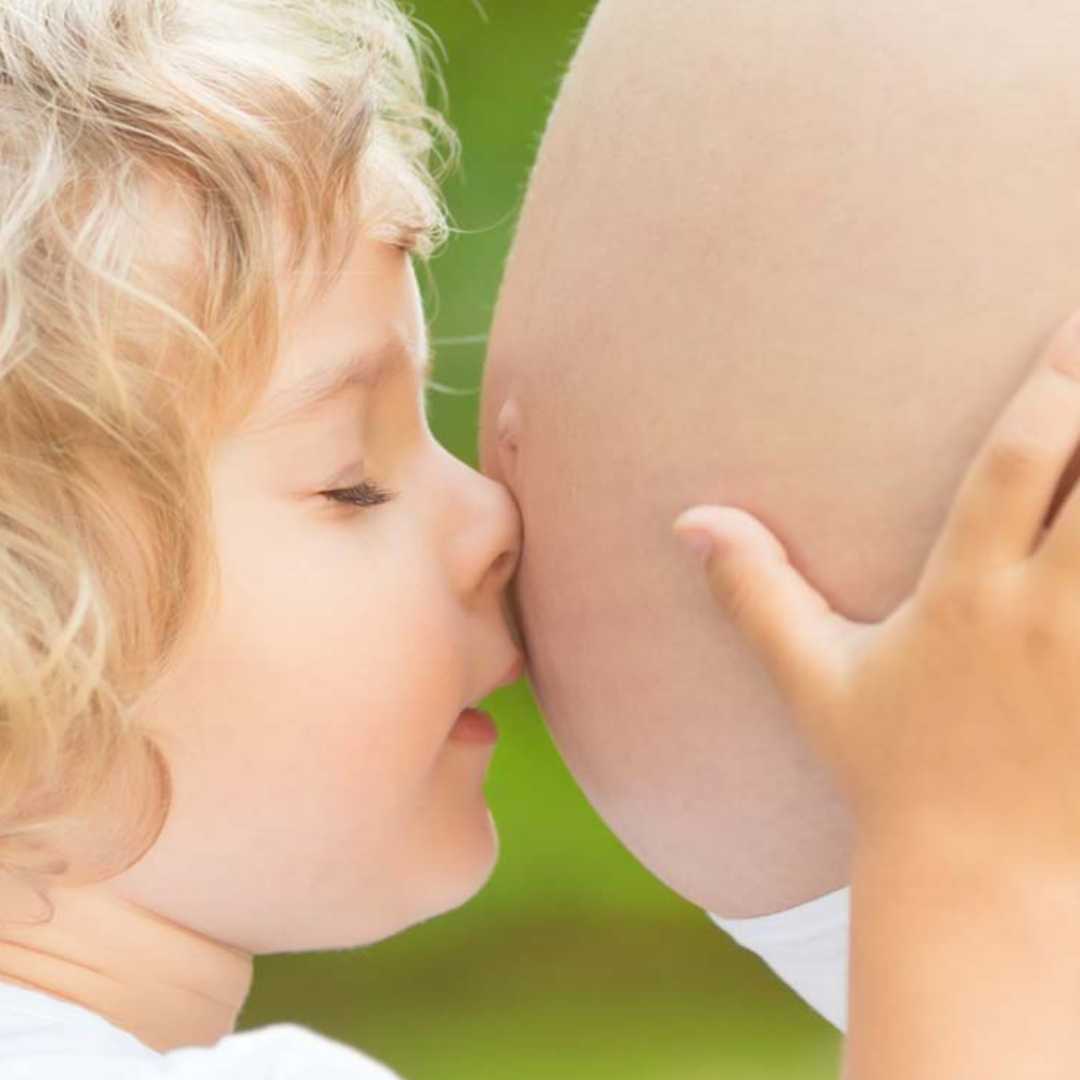
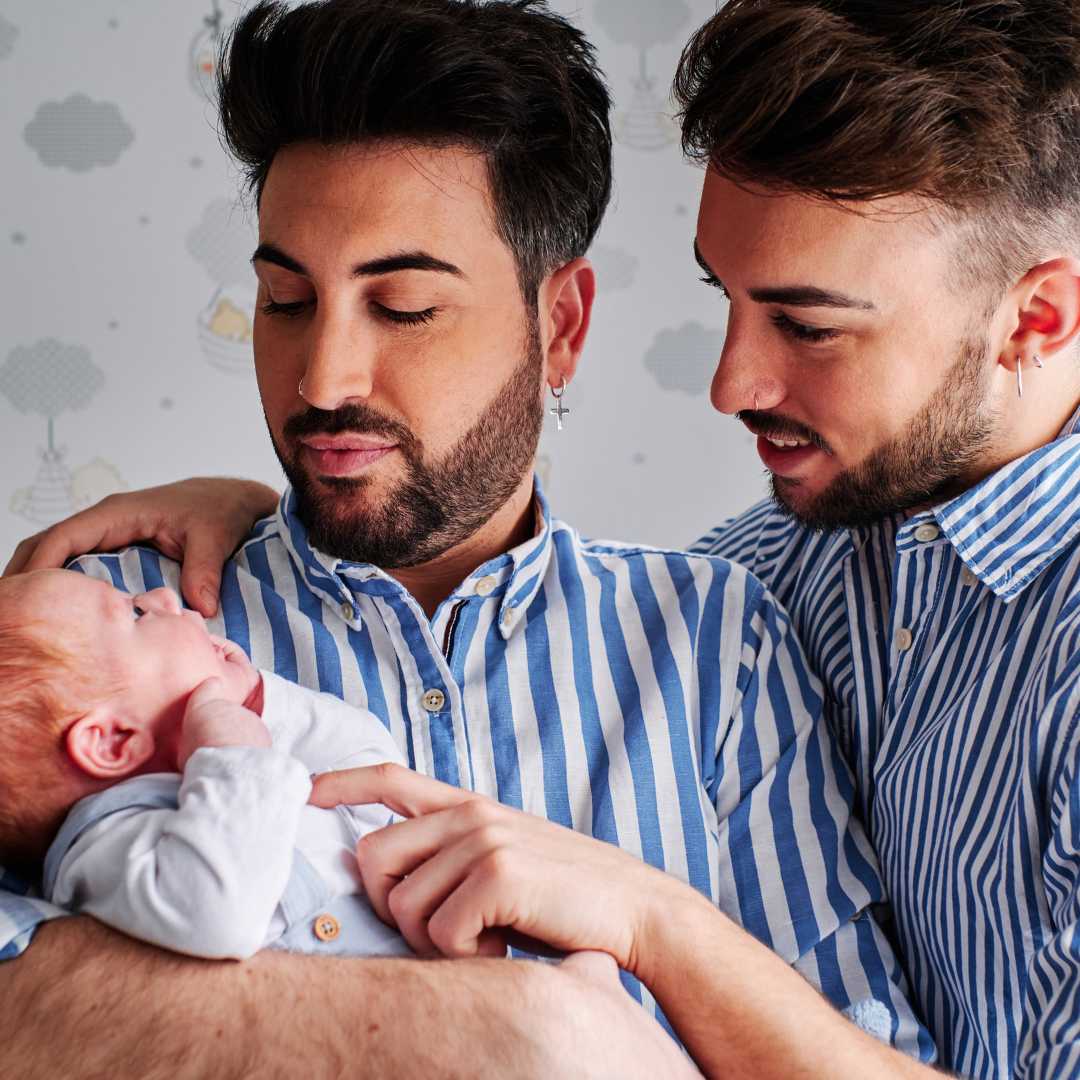
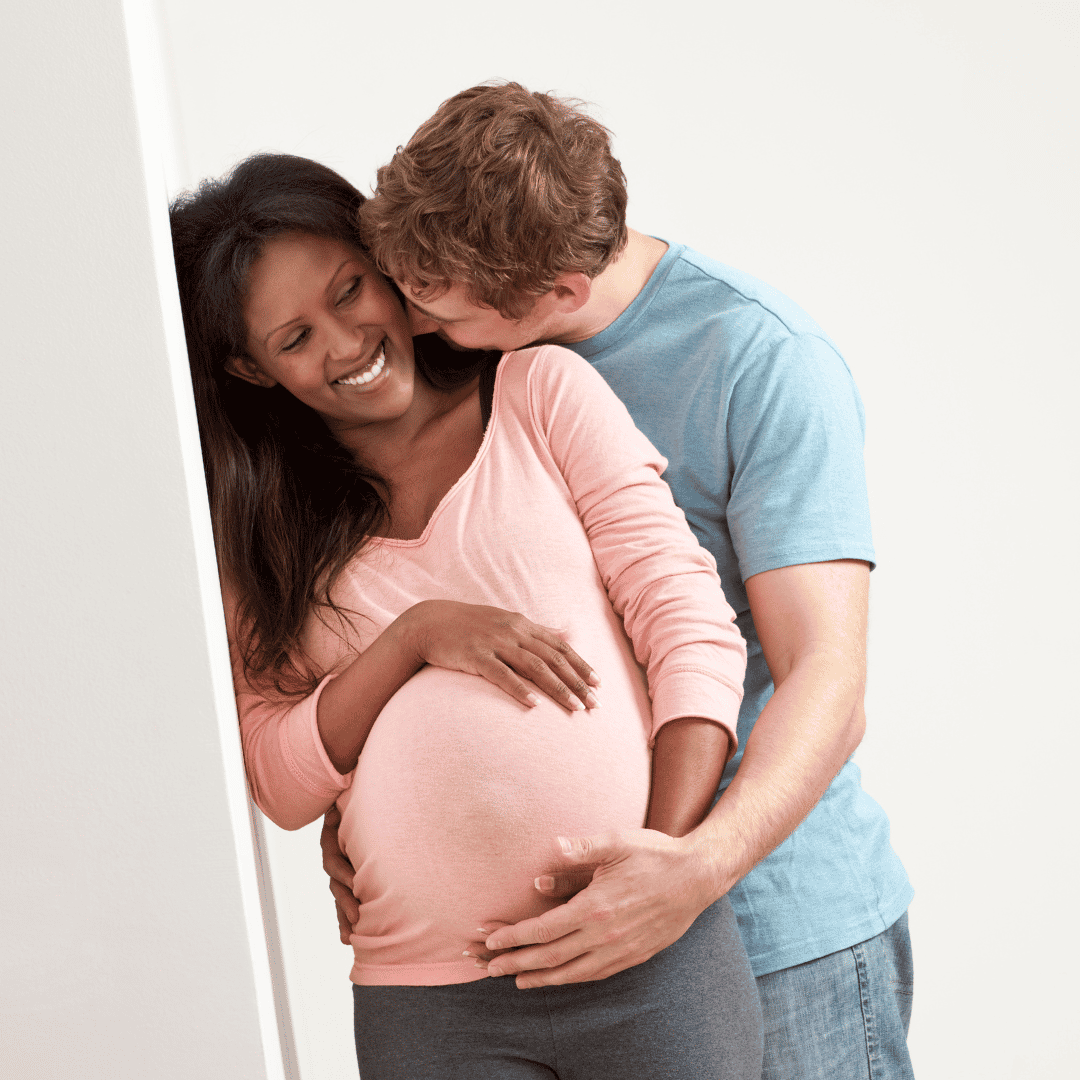
-Package-at-Advanced-Fertility-Center-Cancun,-Cancun,-Mexico.png)
.png)
.png)
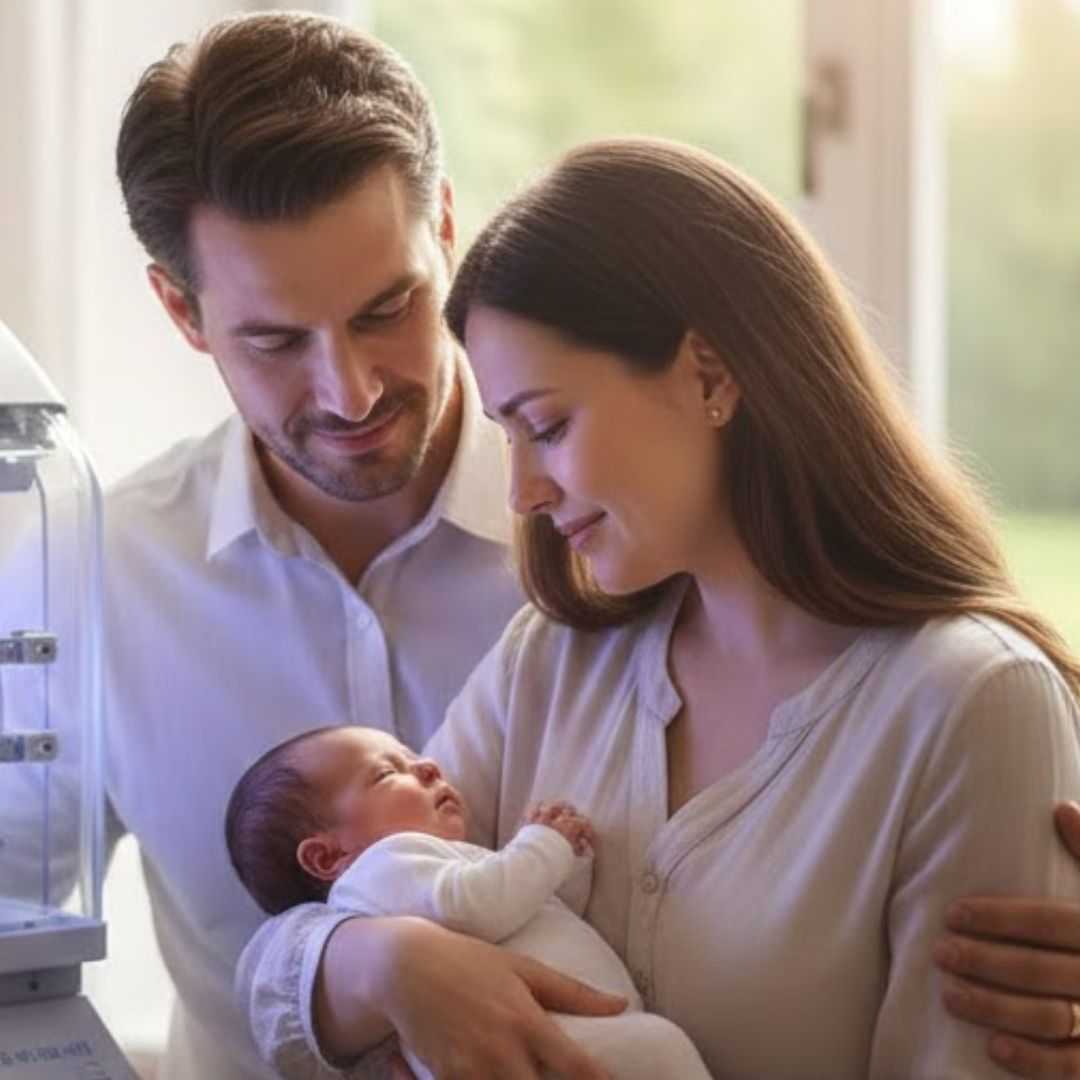
.png)
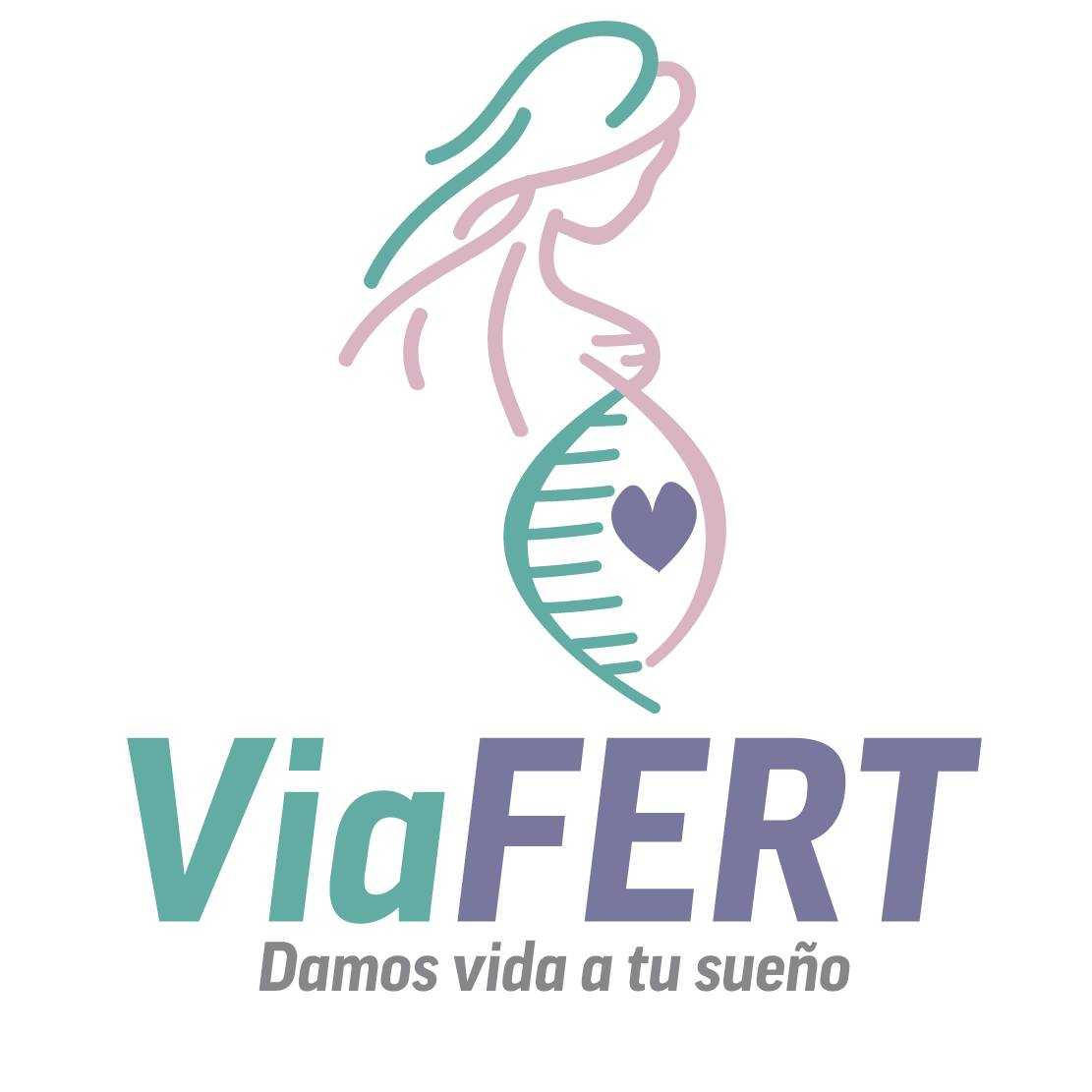
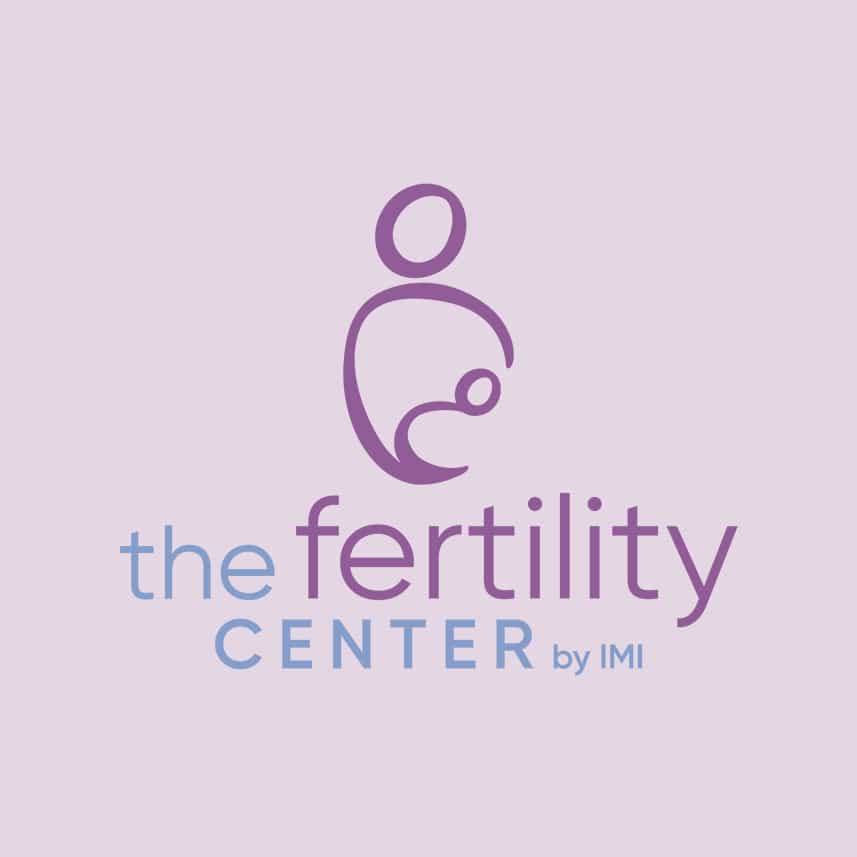
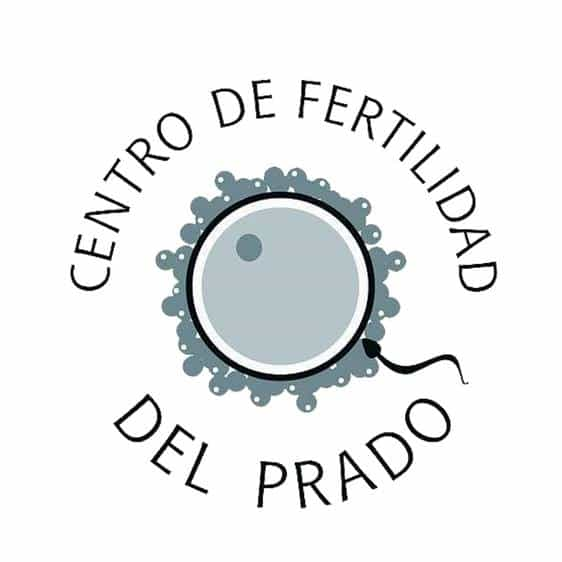
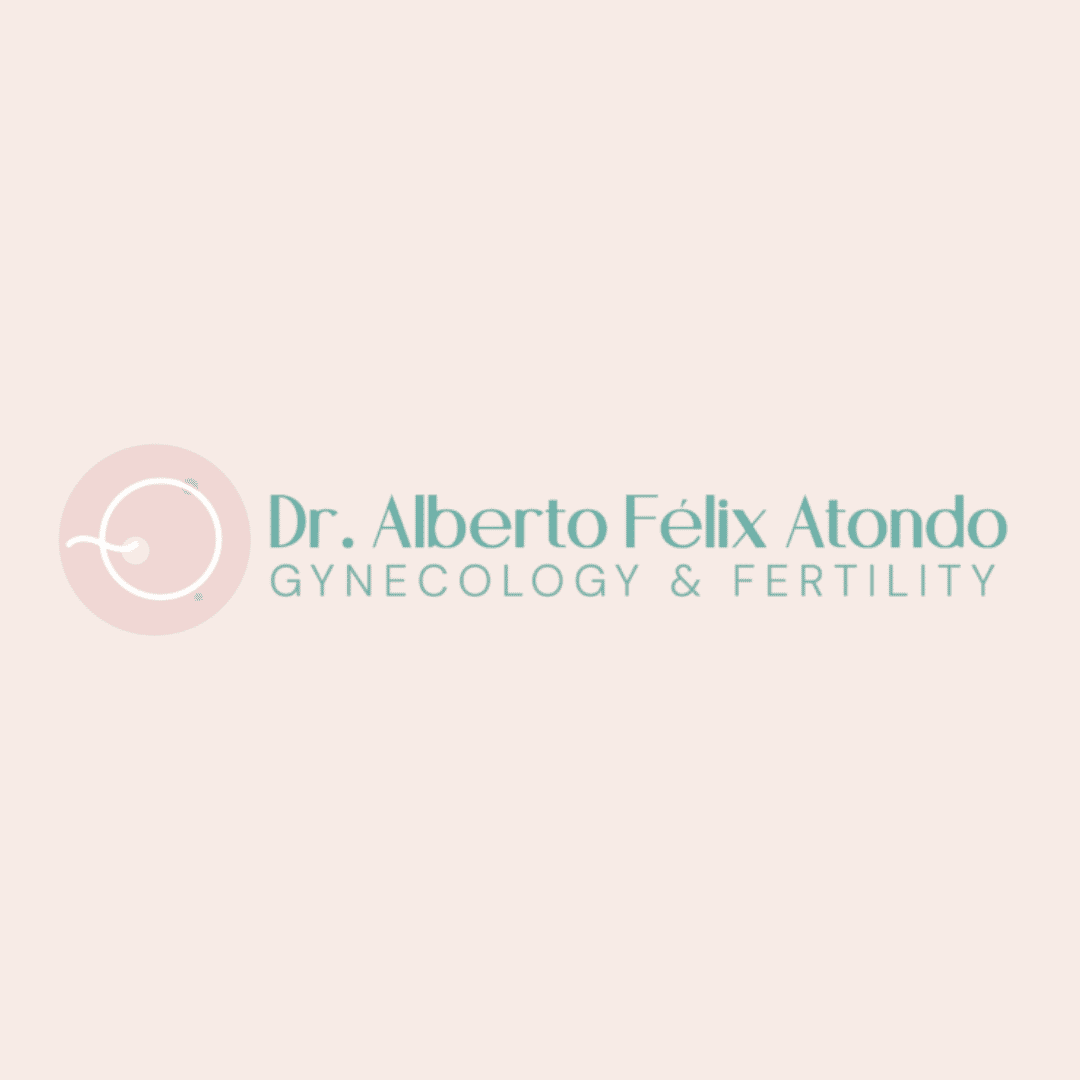
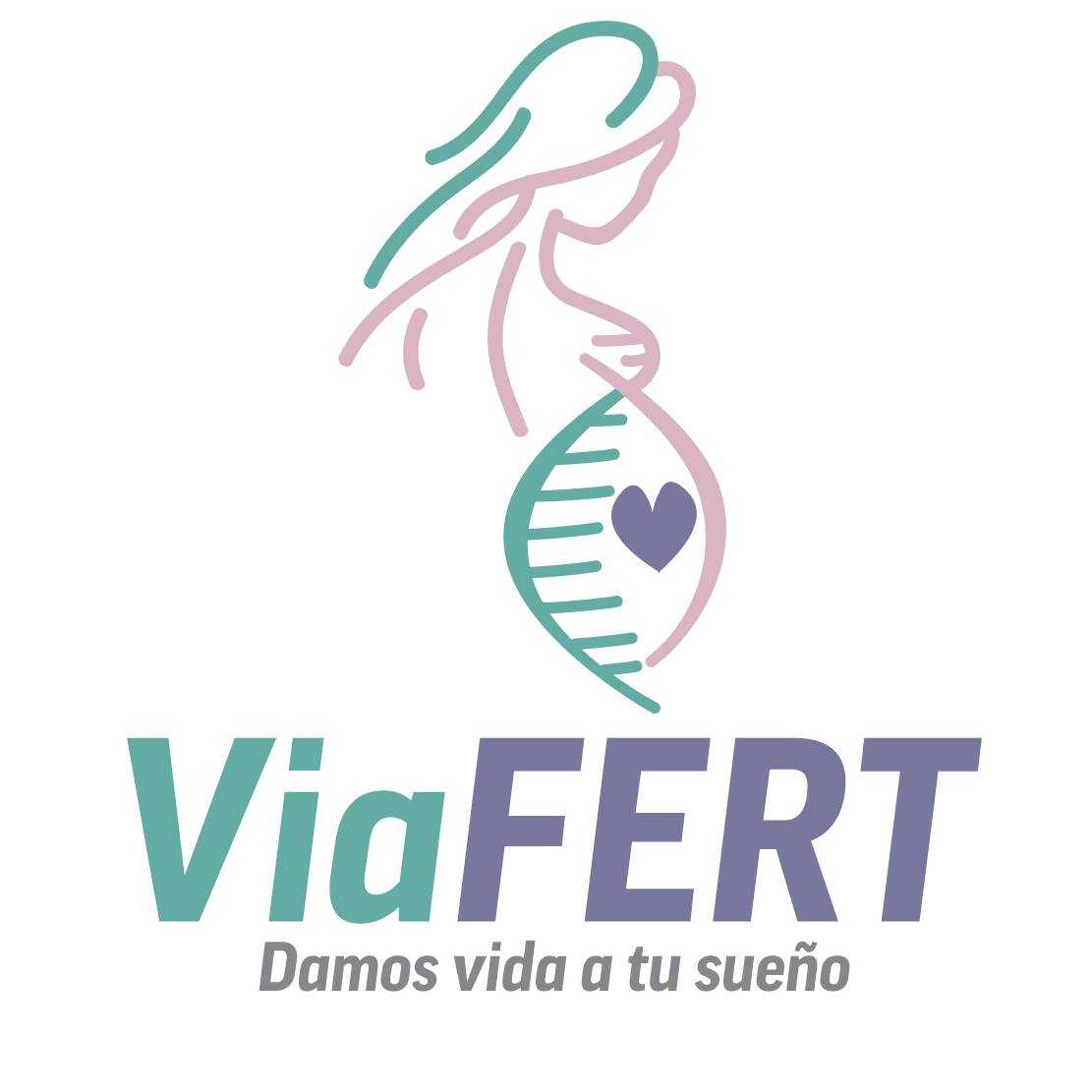

Share this listing